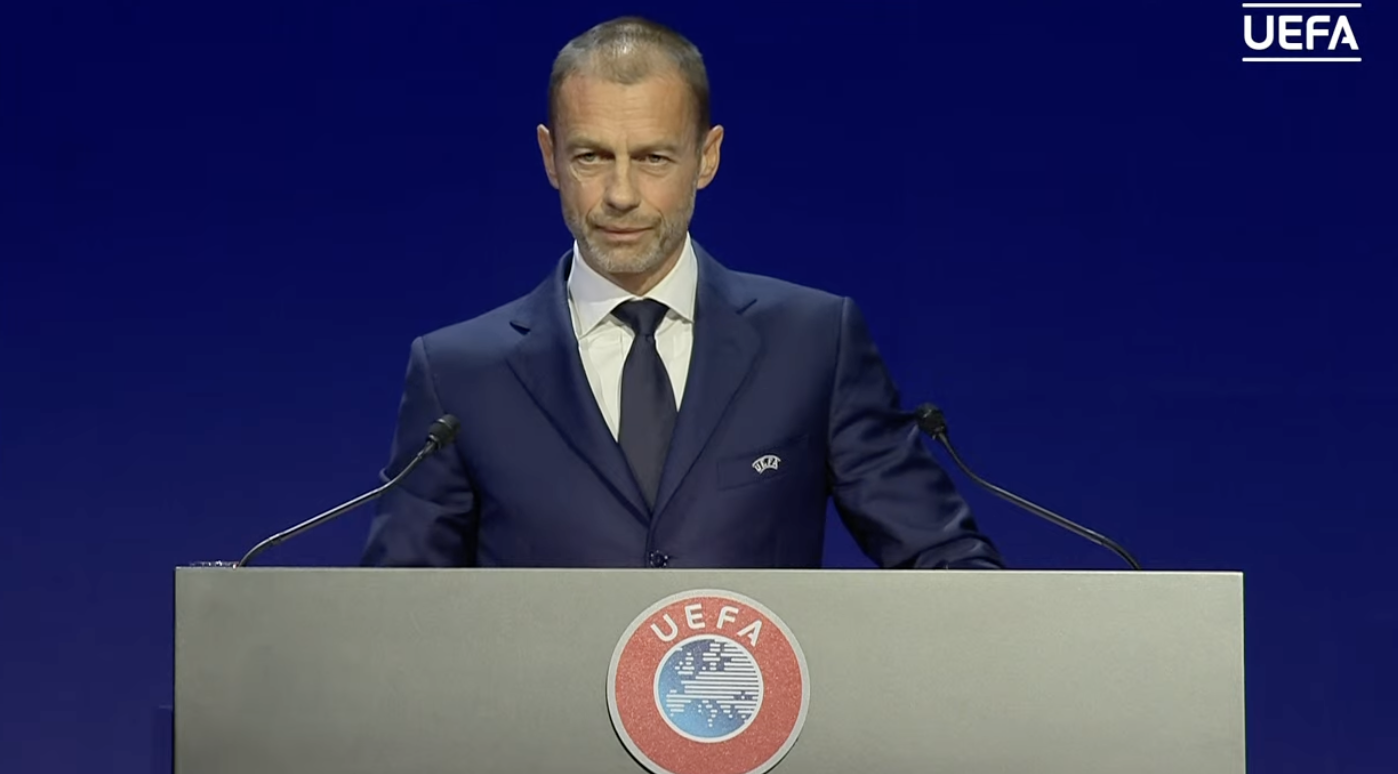February 10 – In a benchmarking report, a review of the European football finance landscape, UEFA president Aleksander Ceferin has warned clubs against ever-growing players wages which risk “compromising their economic sustainability”.
Following the pandemic, player wages at European clubs have grown by 16%, a startling figure given how Covid-19 ravaged European club football.
The new report draws a picture of the game returning to normality with revenue across nearly 150 clubs up by an average of 4.6%. Sponsor and commercial revenue was 13% higher than pre-pandemic. During the health crisis, European football missed out on about $7.49 billion in revenue.
But Ceferin fired a warning shot that the increased player wages, part of an overall 18% rise in operating costs, could have dramatic effects.
“Despite the unprecedented turmoil of recent years, wages have continued to grow, rising on average by 16% compared to pre-pandemic standards,” said Ceferin.
“Top-division players’ salaries, for example, have more than doubled during the past decade.
“And while this is not a negative trend per se, it is clear that many are compromising their economic sustainability in their reckless pursuit of success.”
Wage costs and transfer net costs amount to 83% of all spending. In the 2020 financial year, costs increased by €612 million and leapt to €2.181 billion in 2021, despite revenues having dropped due the pandemic. Total costs reached a record €25.9 billion in 2021, an increase of 12.1%.
The report also highlighted the spending by English clubs in the Premier League, which outspent the all the other major leagues combined in winter transfer window.
“UEFA took the first step last summer by introducing the first squad cost ratio rule in the new Financial Sustainability Regulations, restricting spending on wages, transfers, and agent fees,” Ceferin added.
“Clubs will be assessed against limit on these costs, moving from 90% in 2023 to 70% in 2025, providing a timely and direct measure between squad costs and income to encourage more performance-related costs, while limiting the market inflation of wages and transfer costs of players.
“The key is now to remain fair, strict, and consistent.”
Reflecting Ceferin’s words, Andrea Traverso, UEFA’s director of financial sustainability and research, said: “During the last two years, a more lenient financial fair play regime reflecting the force majeure nature of the pandemic was necessary. Looking ahead, the imminent implementation of new financial sustainability regulations is timely and clearly required.
“These should force clubs to better plan their squad strategy in the future as well as their debt structure, failing which, clubs risk to incur strict penalties. The medicine is strong, but the current financial context demands a well-balanced but firm intervention from all stakeholders. Harmonised approaches at international and domestic level are strongly encouraged in order to limit imbalances and overspending and to promote solidarity.”
Contact the writer of this story at moc.l1745227301labto1745227301ofdlr1745227301owedi1745227301sni@i1745227301tnuk.1745227301ardni1745227301mas1745227301

